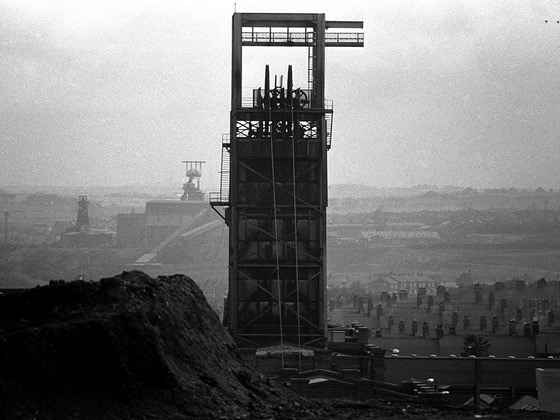Through interviews, archive research and work with people in the mining communities, the book tells the story of the coal industry and what happened after the last pits closed. It’s been written by Emeritus Professors Ray Hudson from our Department of Geography and Huw Beynon from Cardiff University.

Fast forward to now and British politics revolves around the coalfield constituencies that lent their votes to Boris Johnson’s Conservatives in 2019. Even in the Welsh Valleys, where the ‘red wall’ still stands, support for the Labour Party has halved in a generation.
Coal was central to the British economy, powering its factories and railways and it carried political weight, too. In the eighties the miners risked everything in a year-long strike against Thatcher’s shutdowns. Defeat foretold the death of their industry and tens of thousands were cast onto the labour market with a minimum amount of advice and support.
Fast forward to now and British politics revolves around the coalfield constituencies that lent their votes to Boris Johnson’s Conservatives in 2019. Even in the Welsh Valleys, where the ‘red wall’ still stands, support for the Labour Party has halved in a generation.

The book draws on decades of research to chronicle these momentous changes described through the experiences of the former pit workers, from profitable mines to strikes and unemployment.
Find out more about Shadow of the Mines here.
